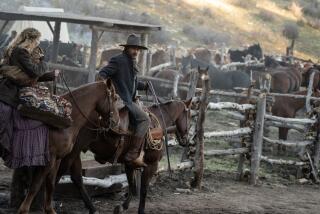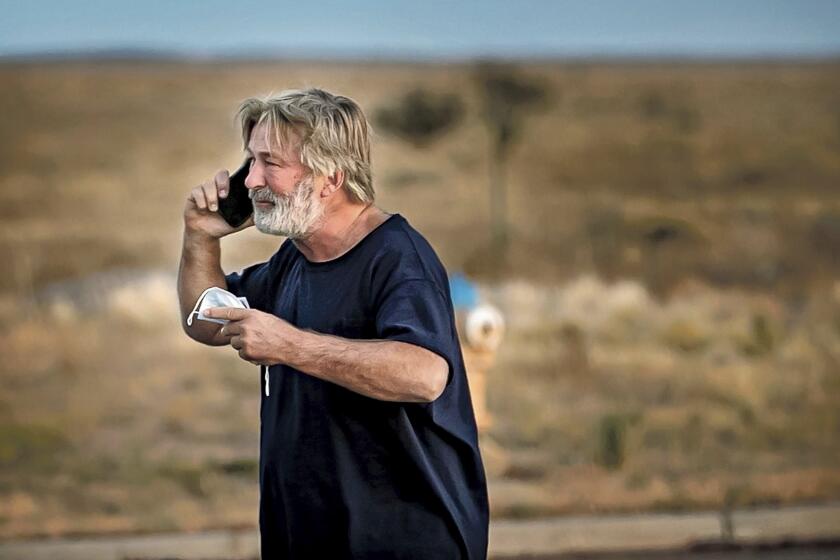Zvi Kolitz, 89; Produced Israel’s First Film, Wrote Fictional Holocaust Story
Zvi Kolitz, eclectic Jewish writer and producer who penned a fictional personal account of the Holocaust so moving that it was accepted as fact for many years, has died. He was 89.
Kolitz died Sept. 29 of causes associated with aging in Manhattan, where he wrote a column for the Yiddish newspaper Algemeiner Journal for the last 32 years.
He was the co-writer and co-producer of Israel’s first film, “Hill 24 Doesn’t Answer,” in 1955, which won an award at the Cannes Film Festival. He also was co-producer of the Broadway play “The Deputy” in 1964 and the Broadway shows “The Megilla of Itzik Manger” and “I’m Solomon” in 1968.
Kolitz was best known for a short story he wrote in 1946 for a Jewish newspaper in Buenos Aires titled “Yosl Rakover Talks to God.” Based in Warsaw, the story’s doomed title character challenges God in a final conversation about the Holocaust.
For some two decades, the little story was considered an authentic first-person account by a Holocaust victim dated April 28, 1943, presumably found in a bottle in the charred ruins of the Warsaw ghetto. It was reprinted anonymously in numerous anthologies of Holocaust literature and even as a meditation in Jewish prayer books.
Born in Alytus, Lithuania, Kolitz was never in Warsaw. After studying at Yeshiva of Slobodka, the scion of a rabbinical family fled to Italy in 1936 where he attended the University of Florence and the Naval Academy at Civitavecchia. In 1940, he moved on to Palestine where he spent adventurous years as a prisoner of the British, a soldier in the British Army, an official emissary for the World Zionist Congress and an unofficial recruiter and participant in the Irgun, the radical Jewish underground.
During that period, he found himself in Argentina making speeches and was asked to write an article for the newspaper’s special Yom Kippur edition. Although translated into many languages and republished over the years, “Yosl” wasn’t printed again with Kolitz’s name attached to it until 1968.
Holli G. Levitsky, Loyola Marymount University professor and expert on Holocaust literature, wrote for The Times’ religion section in 1999 that accepting Kolitz’s fictional account as fact was understandable. “As truth,” she wrote, “the story starkly presents the quarrel at the heart of post-Holocaust spirituality: Did the God of Israel abandon his people?”
Kolitz is survived by his wife of 50 years, Mathilde; three children; a brother and a sister; eight grandchildren; and five great-grandchildren.
More to Read
Only good movies
Get the Indie Focus newsletter, Mark Olsen's weekly guide to the world of cinema.
You may occasionally receive promotional content from the Los Angeles Times.






